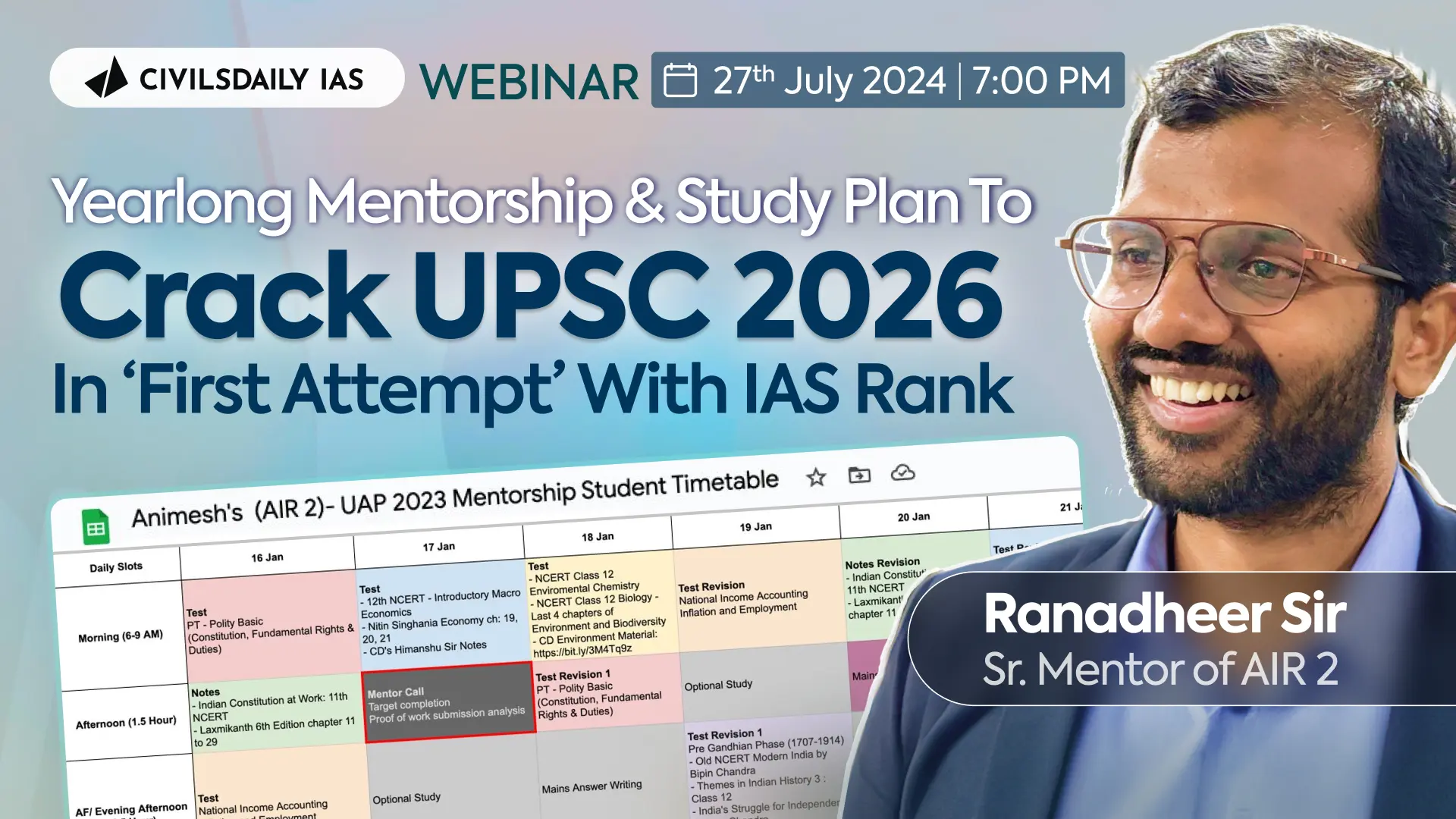Note4Students
From UPSC perspective, the following things are important :
Prelims level: Non-Nuclear Aggression Agreement
Mains level: Pakistan's prospected economic default and collapse

Central Idea
- India and Pakistan has exchanged a list of their nuclear installations that cannot be attacked in case of an escalation in hostilities.
Non-Nuclear Aggression Agreement
- The Non-nuclear aggression agreement is a bilateral and nuclear weapons control treaty between India and Pakistan, on the reduction (or limitation) of nuclear arms.
- Both pledged not to attack or assist foreign powers to attack on each others nuclear installations and facilities.
- The treaty was drafted in 1988, and signed by PM Rajiv Gandhi and his counterpart Benazir Bhutto on 21 December 1988; it entered into force on January 1991.
- The treaty barred its signatories from carrying out a surprise attack (or to assist foreign powers to attack) on each other’s nuclear installations and facilities.
- Starting in January 1992, India and Pakistan have annually exchanged lists of their respective military and civilian nuclear-related facilities.
Need for the treaty
- In 1986-87, the massive exercise, ‘Brasstacks’ was carried out by the Indian Army, raising fears of an Indian attack on Pakistan’s nuclear facilities.
- Since then, the Foreign ministries of both countries have been negotiating to reach an understanding towards the control of nuclear weapons.
Significance of the agreement
- The treaty barred its signatories from carrying out a surprise attack (or to assist foreign powers to attack) on each other’s nuclear installations and facilities.
- The treaty provides a confidence-building security measure environment.
Other: Sharing of Prisoners information
- Both nations simultaneously share the list of prisoners in each other’s custody.
- These lists are exchanged under the provisions of the Agreement on Consular Access signed in May 2008.
- Under this pact, the two countries should exchange comprehensive lists on January 1 and July 1 every year (i.e. twice a year).
Get an IAS/IPS ranker as your 1: 1 personal mentor for UPSC 2024
